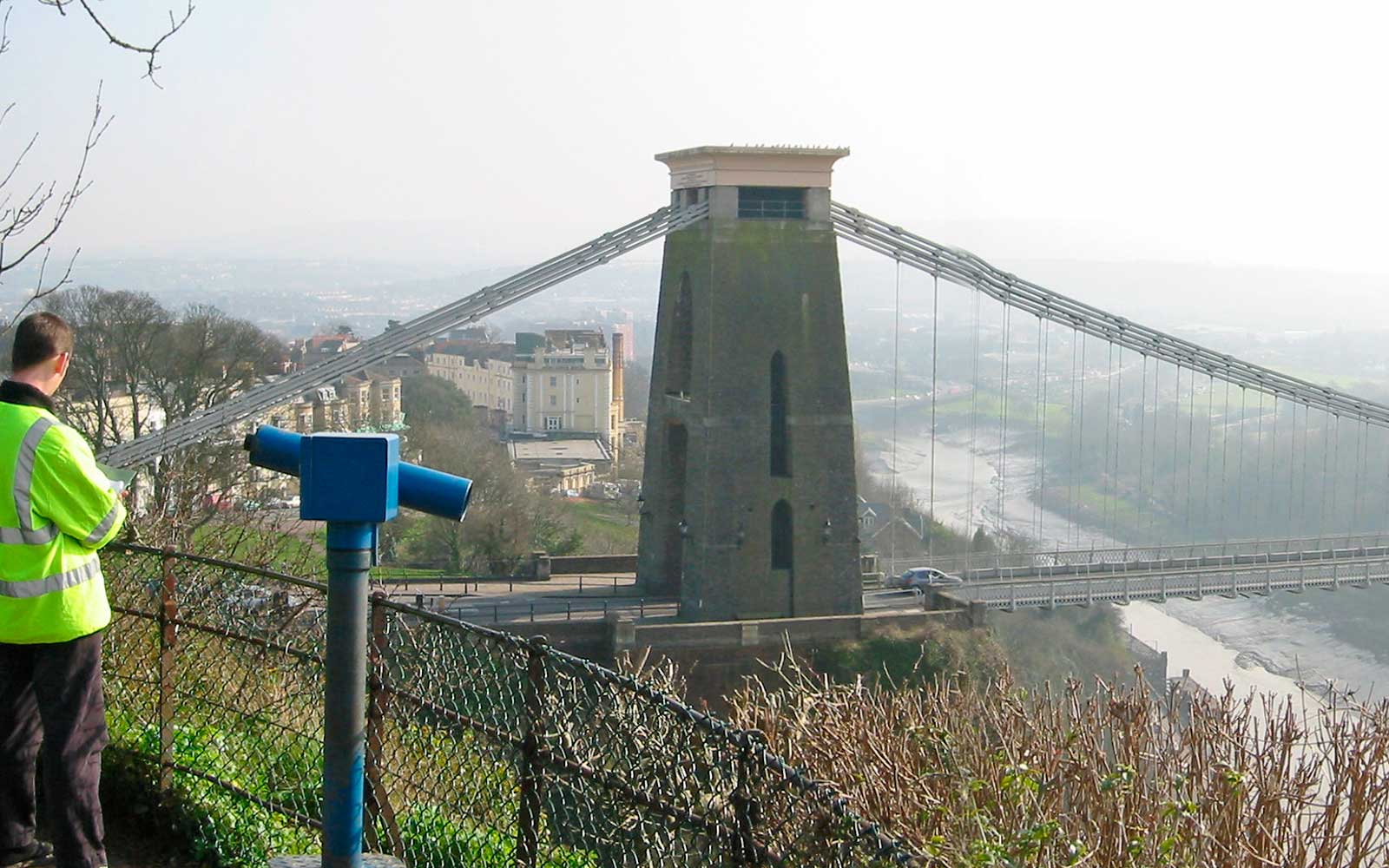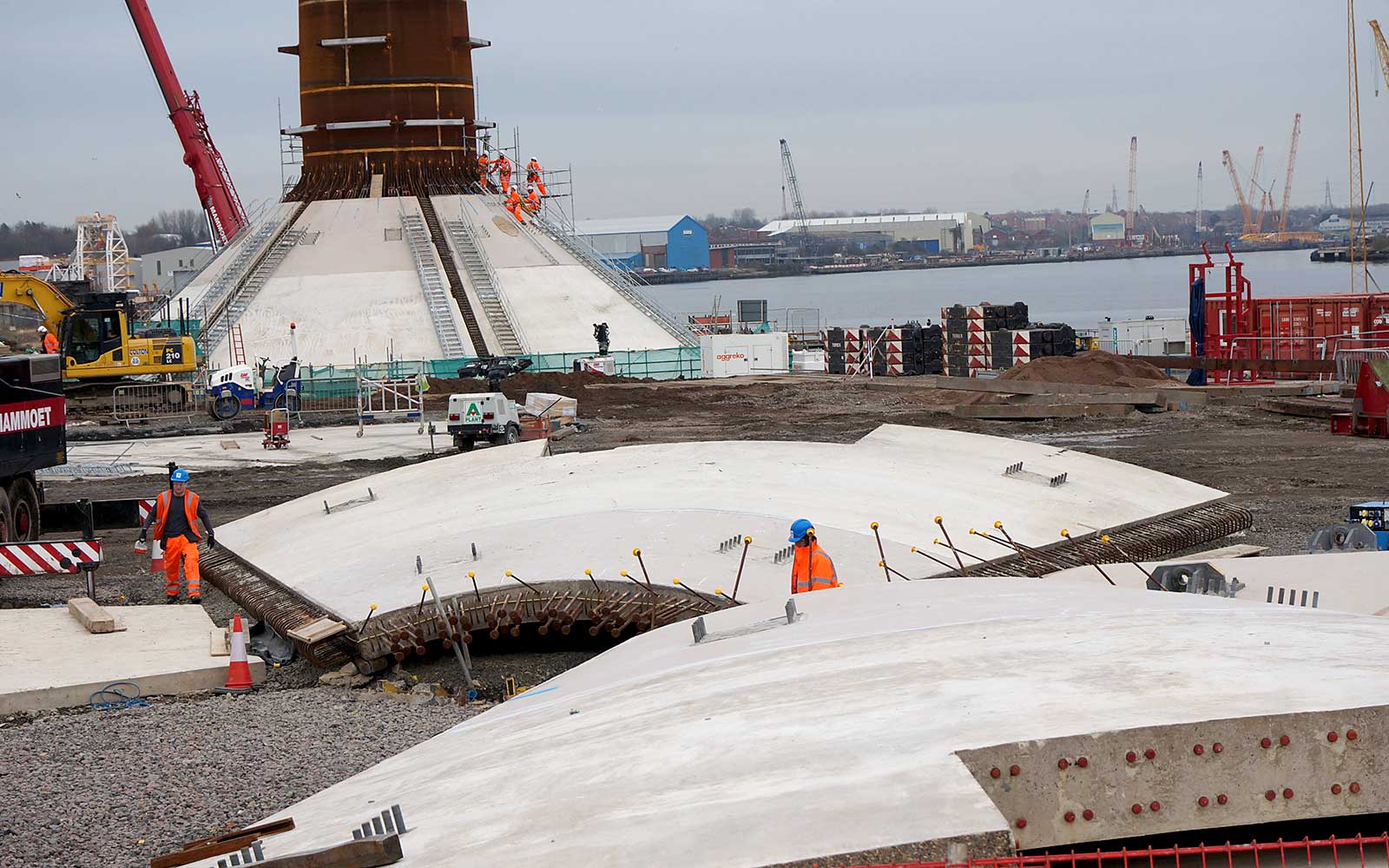Impulse Radar
A radio echo sounding system and the principal technique for mapping the arrangement of elements within a structure. Call for more information.
Impulse Radar
Impulse Radar or GPR is a radio echo sounding system and the principal technique for mapping the arrangement of elements within a structure: radio waves are used in sounding as these can cross air gaps which stop acoustic waves. Radar thus provides a method for the internal assessment of a wide variety of materials and is particularly appropriate for identifying the general arrangement of shallow buried objects and the internal elements of concrete, asphalt and masonry structures. The key advantage of this technique lies in the rapidity with which data can be gathered without the need for extensive opening up, and the small spaces within which it can be operated.
Surveys are carried out by profiling the structure over a grid of survey lines which give data to provide a three-dimensional reconstruction of the arrangement, form and condition of the materials.
One of the most frequent applications is in mapping the position of steel in concrete: not only is it more rapid than a covermeter, but can also map multiple layers of steel, through the full depth of a slab or beam. Alternatively, radar can be used to look for voids and GBG have been involved in numerous flue surveys of historic buildings.
Analysis of the changes of velocity, absorption and diffraction of the sounding waves allows more detailed estimates of material condition to be made.
The most detailed results come from a range of about 500mm into solid constructed materials, but useful information can be collected from much deeper and more complex structures.
GBG investigates a wide range of structures from historically significant buildings to small private residences.
Complete the form below, call us on +44 1223 812 464 or contact us via email at works@gbg.co.uk. A member of the team will respond ASAP to discuss your requirements.
Please note: GBG Group is compliant with the General Data Protection Regulation (GDPR). To learn more about how we collect, keep, and process your private information in compliance with GDPR, please view our privacy policy. *






